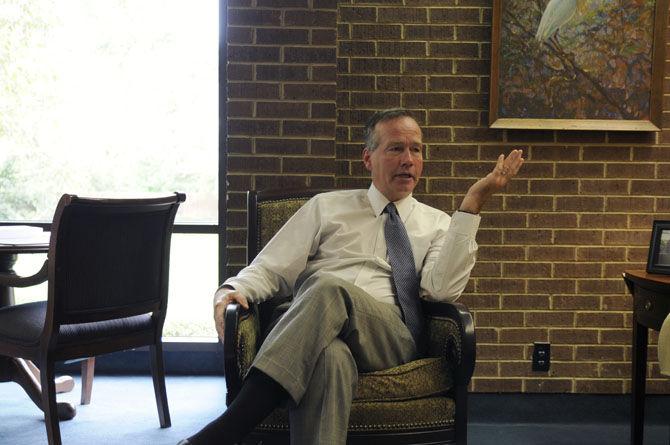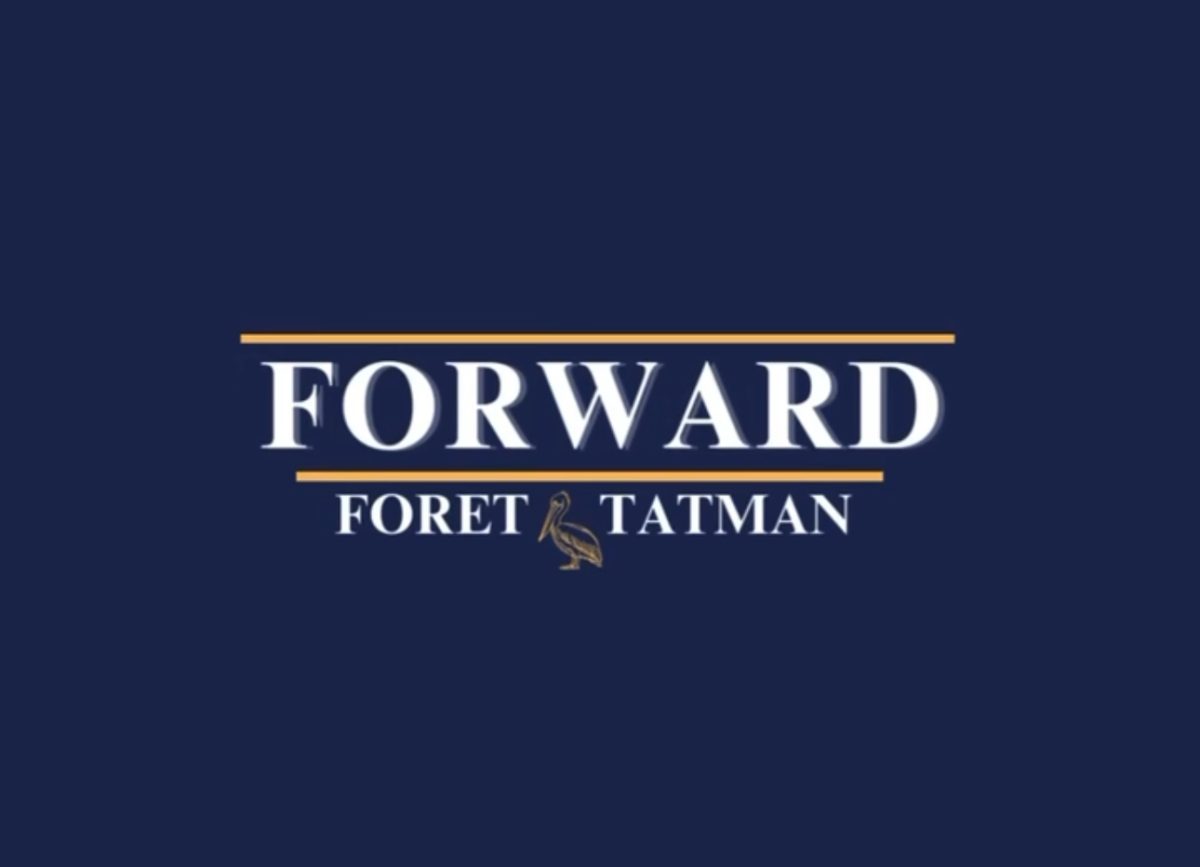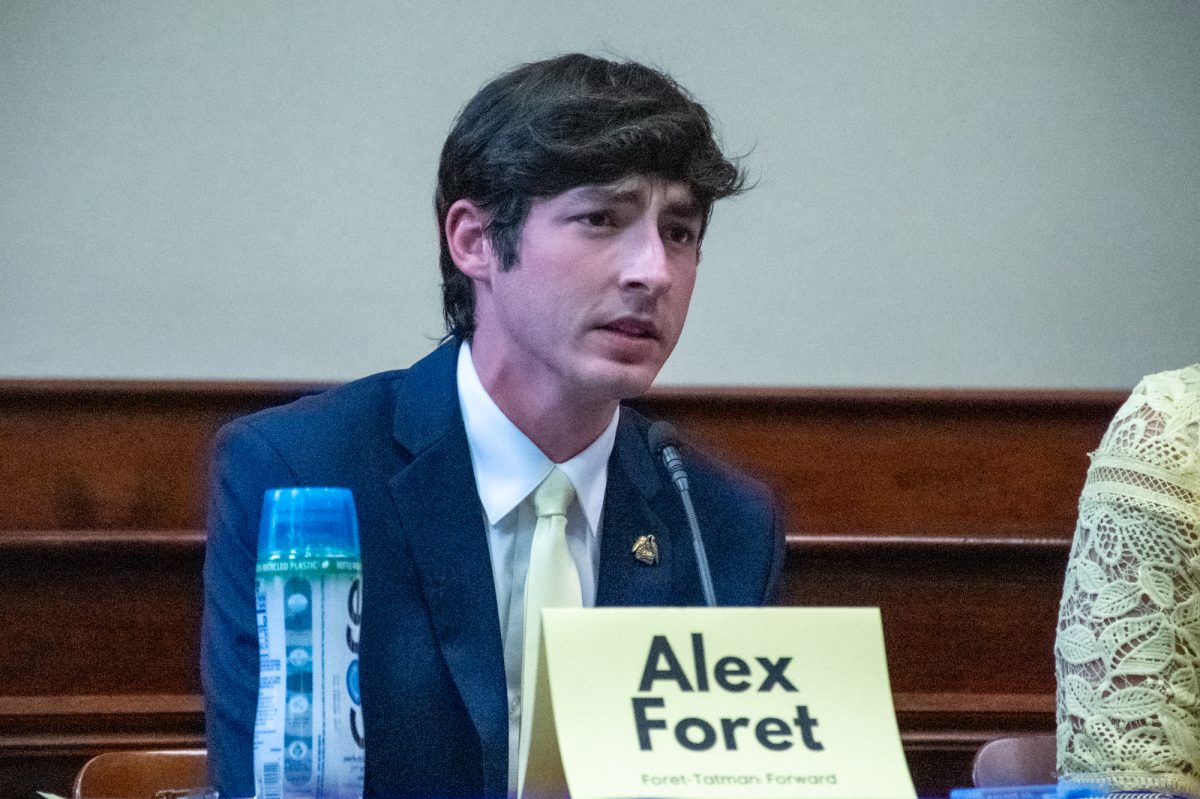LSU President F. King Alexander participated in a panel Wednesday called “America’s Most Innovative College Presidents,” organized by nonprofit public policy institute New America and Washington Monthly Magazine.
Other panelists included Jamienne Studley, Deputy Under Secretary for the U.S. Department of Education, Cheryl Hyman, Chancellor of the City Colleges of Chicago, and Jamie Merisotis, President of Lumina Foundation.
The group discussed data revealed by the Obama administration over the weekend on colleges’ and universities’ performances and earnings — better known as the College Scorecard.
In his opening statement, Alexander said “the greatest inefficiency rating in America” is how universities and colleges are assessed. As most rankings stem from how many potential students are turned away, as opposed to how many are educated.
During students orientations, Alexander said many parents’ questions are related to scorecard rankings.
“We said, ‘tell the parents what the starting salaries of graduates are,’” Alexander said. “Tell them how much debt our students graduate with and how it compares with national averages.”
California State University, Long Beach began publishing such information nine years ago, Alexander said.
He described it as a dare to other colleges to release the same information, and brought the idea over to LSU when he became its president.
Alexander went on to say that higher education hasn’t done a good job of showing students the difference between higher education environments that exist to steal their money and those serving their intended purpose.
Another component in fixing the system is holding states accountable as they increasingly decrease public funding to higher education institutions.
Alexander said there is a strong resistance from higher education’s old establishment to reveal information such as that displayed on the scorecard.
“We need to make sure we can capture this data and fight against the forces that do not want to see this data on the marketplace so they can justify why they charge $63,000 a year, or why they never tell us that 50 percent of their students end up in student loan defaults,” Alexander said.
F. King Alexander participates in higher education panel
September 16, 2015
LSU President and Chancellor F. King Alexander speaks with writers on Thursday, Aug. 20, 2015, in the System Building.
More to Discover












